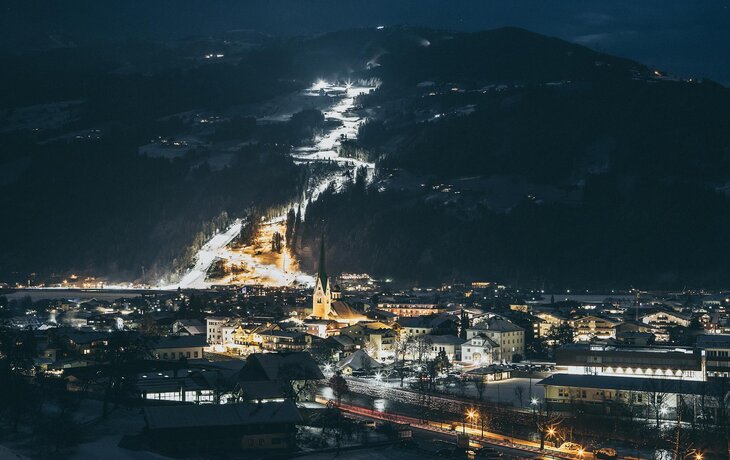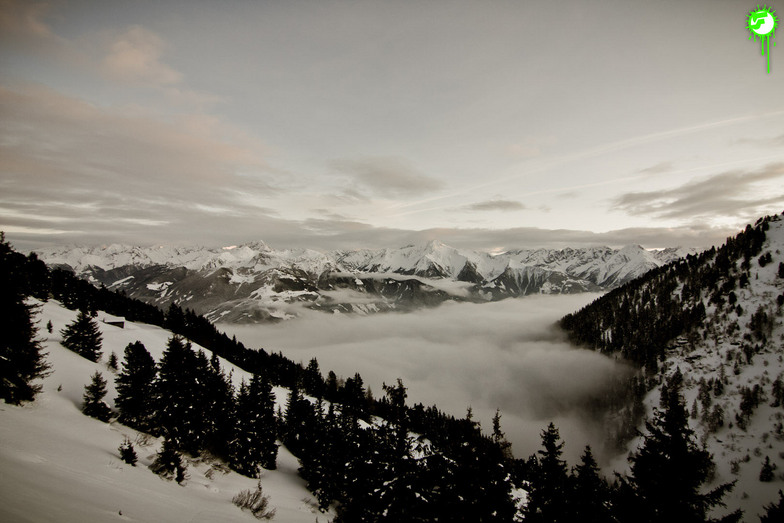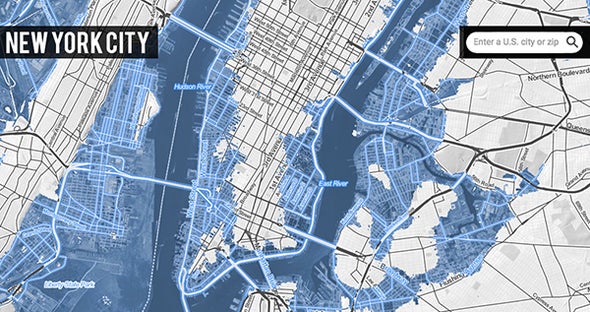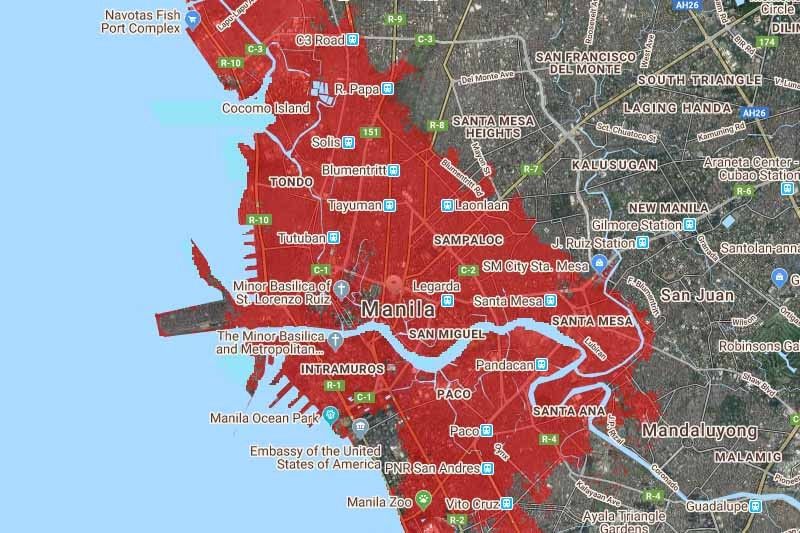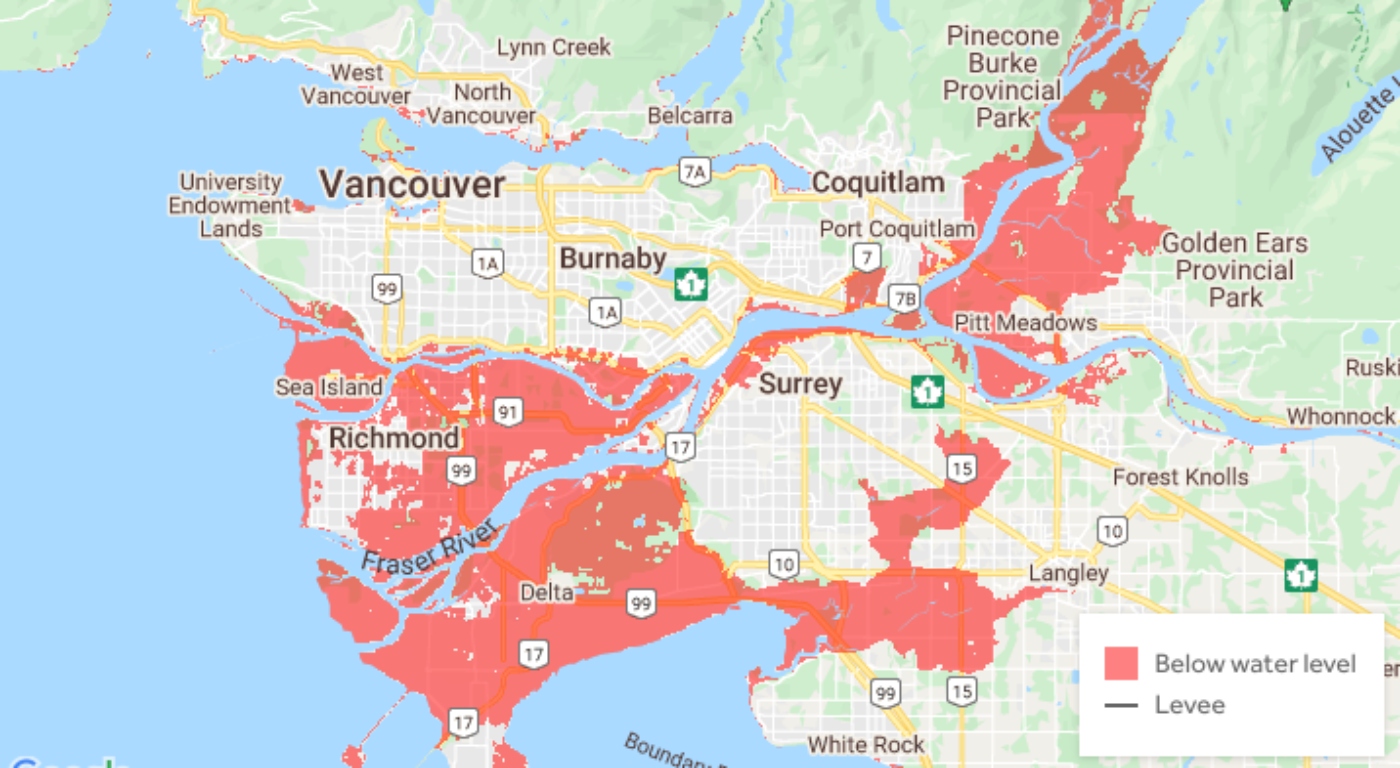walrus
Wind up workin' in a gas station
I assume they are talking about Air Source ductless Mini Splits. Mitsubishi, Fujitsu, Daiken, Gree are common brands. Generally 1 unit of energy in and 3 units out. Sizing is very important as when temps drop so does heat output. Most will work to -5f but output drops as unit has to defrost outdoor unit and when doing so does not produce heatWhy are these controversial? Seems completely reasonable for tundra places.
Typical of anything that involves change. They are a proven technology but expensive and in Maine if sized correctly they won't heat your house on average 10 days out of the year. So you really need a furnace of some kind. They work in my house because I heat in the coldest part of the winter with wood. Another issue getting the heat where you want it, open concept and its great. Lots of doors and walls not so great. Now you can get multiple indoor units to hook to one outdoor unit. Lose SEER if you do so not as efficient but that puts the heat(cool) in rooms that might not get it if you have one indoor unit.
HVAC guys have issues with them as in traditional AC units the compressors run at one speed, a ductless mini split, not so. They have some kind of secret(proprietary) algorithm that makes them speed up and slow down based on need. You can't hook up a set of gauges and instantly see issues like you can traditional units.
I have Made in Maine Nyle heat pump water heater also. Its made to hook on to an existing tank, perfect fit for my Solar system. When Solar doesn't meet my needs(in the winter forget about it) the heat pump does. One word of caution with a heat pump water heater, it will cool off your basement/ equipment room, temps below 45 and no go for water heating. The Nyle allows me to duct the cold air upstairs into living room where its generally over heated due to wood heat and/or my passive solar. Another benefit of heat pump water heaters is it will dehumidify basement in summer.
Cost wise natty gas is still cheaper last I knew. Wood is the cheapest though.

